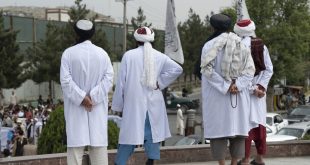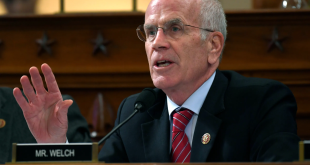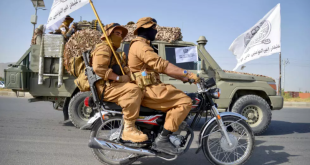AT News
KABUL – A delegation of British ulema are facing backlash after visiting Afghanistan on a fact-finding mission and holding several meetings with Taliban rulers, with many critics expressing skepticism and outrage.
The ulema’s trip aimed at assessing the humanitarian condition in Afghanistan, a nation that has been plagued by conflict and suffering after the Taliban takeover. Critics argue that the visit is steeped in hypocrisy and driven by ulterior motives.
Images and footage of the ulema meeting with officials from the Taliban government have triggered a barrage of criticism. Proponents of the ulema’s visit assert that it’s crucial to engage with all stakeholders, including those in power, to understand the challenges faced by the Afghan people.
However, detractors have seized upon these interactions to fuel their allegations of ulterior motives and criticism.
The critics are concerned that holding meetings with the Taliban would be tantamount to recognizing their oppressive rule as Afghanistan people are enduring immeasurable suffering due to humanitarian crises.
Amidst the heated debates, questions surrounding the ulema’s interactions with the Taliban have emerged. The controversy highlights not only the complexities of engaging with nations emerging from conflict but also the delicate balance between genuine compassion and ulterior motives.
As Afghanistan strives to chart its course toward stability and progress, it is evident that differing perspectives will continue to shape the discourse surrounding international engagement and support.
The backlash comes as the Taliban continue to govern Afghanistan without international recognition, with millions of Afghans living in extreme poverty and in need of immediate humanitarian aid. The crisis is exacerbated by the diminishing relief funds and the Taliban’s excessive meddling in aid delivery.
 Afghanistan Times
Afghanistan Times




